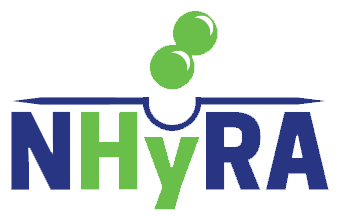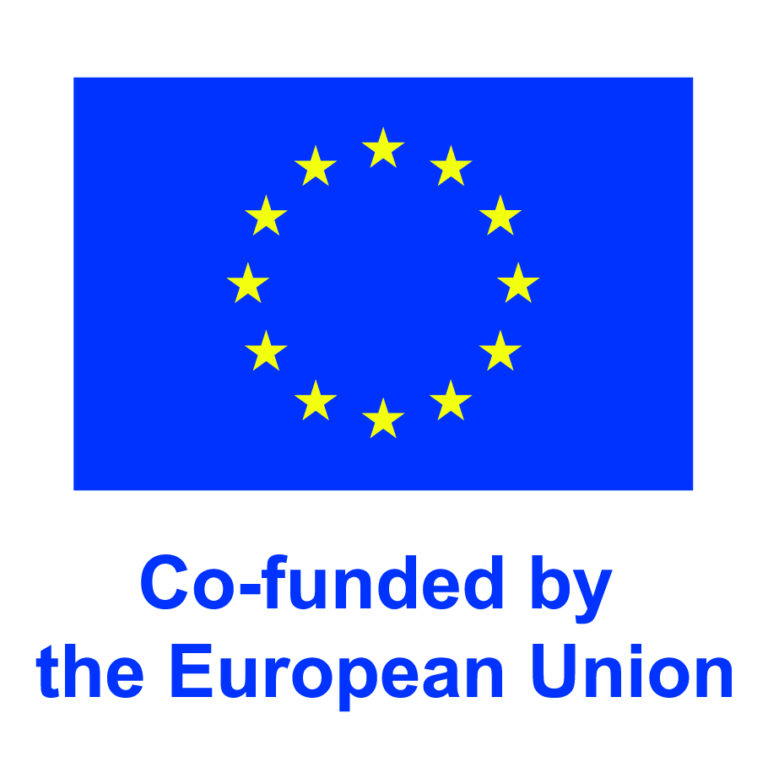NHyRA aims to deliver reliable measurement and quantification methods, new data and rigorous calculation-based models in order to determine H2 releases from the H2 value chain and assess its potential climate impact.


The Consortium

SNAM
Snam is the main Italian gas Transmission System Operator and the leading European operator in the transport and storage of natural gas. Snam manages a transmission network of approximately 41,000 km, and 13 compression stations between Italy, Austria, France, Greece and the United Kingdom. With more than 80 years of experience in the development and management of networks and plants, Snam ensures the security of supplies and promotes the energy transition in the areas crossed. During the project Snam will be responsible of the coordination of the activities and will be involved in all the research activities.

UNIBO
Almost 1000 years old, the University of Bologna (UNIBO) is known as the oldest University of the western world. Nowadays, UNIBO still remains one of the most important institutions of higher education across Europe and the one of the most important university in Italy with 7 Interdepartmental Research Centres and 11 interdepartmental research and/or training facilities, 31 Departments and about 97,000 students. The UNIBO research team involved in NHyRA has scientific expertise in industrial mechanical systems engineering and will lead the activity of WP1 about the design of the H2 releases’ inventory. UNIBO is also involved as a partner in several national and European projects about renewable energies and hydrogen.

The Italian National Agency for New Technologies, Energy and Sustainable Economic Development (ENEA) is a public research organization and technical agency operating in the fields of energy, environment, and new technologies to support the transition to a low-carbon economy. ENEA is fully active in “Hydrogen Europe Research” for the building of the European roadmap toward full-scale FC&H2 deployment and participates in several projects in H2&FC technologies. ENEA will contribute to crossover technical and scientific support on several activities on the project, as well as leading the activity to establish a liaison with project on H2 fate in the atmosphere and climate forcing.

BH
Baker Hugues (BH) is an energy technology company: it takes energy forward – making it safer, cleaner, and more efficient for people and the planet. BH develops and deploys the most advanced technologies to serve energy and industrial companies looking for more efficient, more reliable, and cleaner solutions. Nuovo Pignone Tecnologie, part of Baker Hughes, is an OEM offering a large portfolio of highly reliable machinery and services across the entire hydrogen value chain, including but not limited to gas turbines and compressors. During the project Nuovo Pignone Tecnologie will be involved in the research activities requiring its technical expertise about turbomachinery and its experience in plant installation and service.

ENGIE
The ENGIE Lab CRIGEN, the corporate research & innovation centre of ENGIE Group dedicated to gas and new energies, has been involved for more than 15 years in the whole H2 value chain, on technological R&D and expertise (production, transport, distribution and uses), process modelling and simulation tools development as well as pilots and demonstrators. CRIGEN also hosts experts in environmental impact assessment and the development and integration of sensors.

ENAGAS
Enagás is a Transmission System Operator (TSO) with 50 years’ experience in the development, operation and maintenance of energy infrastructure. It has more than 12,000 kilometers of gas pipelines, three underground storage facilities and eight regasification plants, four of which are wholly owned by Enagás and four others in which the company has a significant stake. The company operates in eight countries: Spain, the United States, Mexico, Peru, Germany, Albania, Greece and Italy. In Spain it is the Technical Manager of the Gas System and, according to the Royal Decree-Law 8/2023, Enagás may operate as provisional manager of the hydrogen backbone network. In line with its commitment to energy transition, Enagás has announced its goal of becoming carbon neutral by 2040, with a firm commitment to decarbonisation and the promotion of renewable gases, especially Hydrogen.

INIG is a leading Polish research institution in the field of oil and gas exploration, production,
and utilization. Founded in 1948, INiG has played a crucial role in the development of Poland’s oil and gas industry, including the discovery of new fields and the optimization of extraction methods. INiG is expanding its research activities to include renewable energy sources and hydrogen technologies, reflecting the growing importance of sustainability and decarbonization in the energy sector. It provides training and education for students, engineers, and industry professionals, offering specialized courses and workshops on various aspects of oil and gas production.

DLR
DLR, the German Aerospace Center, is the national aeronautics and space research centre of the Federal Republic of Germany. Its extensive research and development work in aeronautics, space, energy, transport, digitalization and security is integrated into national and international cooperative ventures. DLR employs approximately 10.000 people at 30 locations in Germany working in 55 institutes and testing operation facilities. DLR`s Institute of Networked Energy Systems will contribute to NHyRA with proven expertise in hydrogen projects and in the assessment of energy technologies.

GERG
GERG (The European Gas Research Group) is the European Association representing the collaborative R&D needs of the European Gas Industry. Along with its member organisations, GERG works with the European energy community to develop innovative solutions connecting European gas infrastructure to the evolving energy system. GERG coordinates corresponding efforts of its members on an EU level and membership includes TSOs, DSOs, major NG suppliers, universities, and international research institutes, as well as international standardisation organisations. GERG partners with related organisations globally to ensure international alignment of its work and maximum effectiveness of its programmes. Moreover, GERG has experience leading Dissemination and Communication activities in several EU projects.

FBK
Fondazione Bruno Kessler (FBK) is a private RTO funded by Autonomous Province of Trento. FBK lead the WP5, contributing to the development and assessment of H2 leakage in the most prominent H2 scenario in next year. Moreover, FBK leads the activity about the definition and assessment of Impact of mitigation strategies for minimizing H2 leakage by actual supply chain.

The National Physical Laboratory (NPL) is a world-leading centre of excellence that provides cutting-edge measurement science, engineering, and technology to underpin prosperity and quality of life. It is UK’s National Metrology Institute NMI develops and maintains the national primary measurement standards, as well as collaborating with other NMIs to maintain the international system of measurement.

University of Surrey
The Fire and Explosion Modelling Group (FMEG) of the University of Surrey is a multi-disciplinary research group, specializing in the development and validation of consequence modelling tools to address cross-cutting safety issues related to energy, transport and the environment. FMEG is experienced in conducting detailed analysis of safety issues related to both gaseous and liquid H2 applications in transport systems and the built environment, working closely with international energy companies.

LINDE
LINDE is a leading global industrial gases and engineering company with 2023 sales of $33 billion. The company serves a variety of end markets such as chemicals & energy, food & beverage, electronics, healthcare, manufacturing, metals and mining. Linde’s industrial gases and technologies are used in countless applications including production of clean hydrogen and carbon capture systems critical to the energy transition, life-saving medical oxygen and high-purity & specialty gases for electronics. Linde also delivers state-of-the-art gas processing solutions to support customer expansion, efficiency improvements and emissions reductions.

EQUINOR
EQUINOR (EQN) is an international energy company committed to long-term value creation in a low-carbon future. Our purpose is to turn natural resources into energy for people and progress for society. We believe that hydrogen will be a key contributor to the energy transition and continuing our decades of energy innovation, we are participating in several projects to show how hydrogen can provide scalable and profitable growth opportunities in the future.

The University of California (UCI), Irvine, is a public land-grant research university in Irvine, California. The Advanced Power and Energy Program (APEP) of the University of California, Irvine (UCI) will use existing facilities and models and previous research findings to assist with the design and verification of hydrogen leakage measurements, will coordinate with related U.S. activities and organizations, and will assist with international dissemination of the results for development of standards for the NHyRA consortium.

